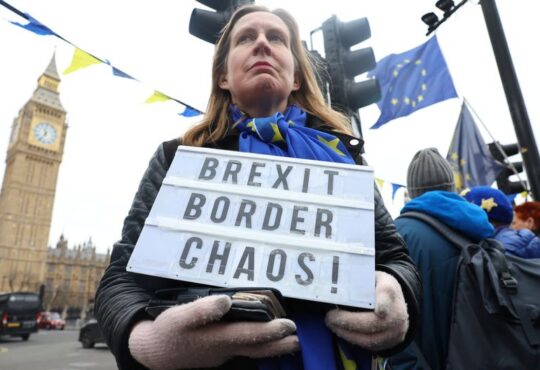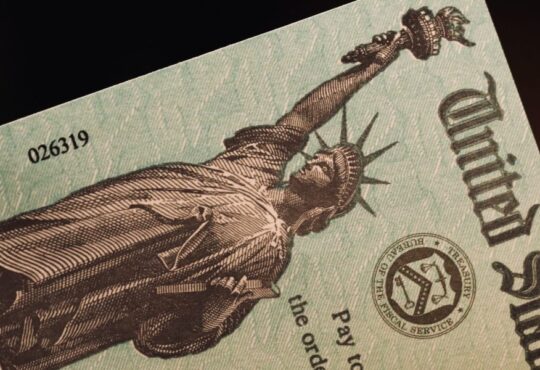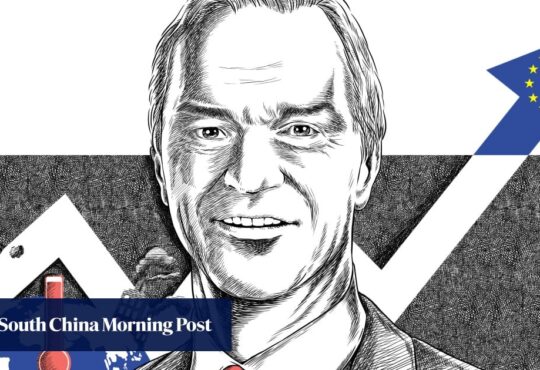
Estonia / EU: Estonia has vetoed plans to introduce value-added tax [VAT] on sharing economy services such as Airbnb and Bolt in the European Union at a meeting with finance ministers in Brussels.
The EU wants to digitalise invoicing for VAT and force platform services to register to pay the levy, thereby modernising the tax process for the digital economy and ensure that platforms pay their fair share of taxes across the bloc. According to Euronews, the proposals, which were first put forward in 2022, could potentially increase the cost of short-term renting or ride-sharing by up to 25 per cent.
Under EU tax rules, any one of the 27 member states is allowed to block new laws, but all member states must find a unanimous agreement in order to change them.
The Baltic nation of Estonia, where the ride-sharing app Bolt was first founded in 2013, was the only country to veto the proposed law.
Its finance minister, Mart Võrklaev, told his counterparts at the Brussels meeting that the tax was not on platforms but on small- and medium-sized enterprises [SMEs] that provide services on a platform, and shared concerns that it would make consumers pay higher prices for booking sharing economy services online. He further added that it would make it harder for platforms to reclaim input taxes and that they would face “unfair” competition with direct sales.
Under new regulations that are coming into force in the EU this year, online platforms are legally required to share information with tax authorities. However, Võrklaev is rejecting the directive because it would be heavily restrictive on the platforms and many of the businesses fall below the €40,000 annual turnover threshold, meaning that they should not need to pay VAT, a view which is shared by Bolt.
It is believed that Estonia has no objections to the other two parts of the package, including digital reporting and VAT registration in one place.
EU tax commissioner Paolo Gentiloni denied Võrklaev’s suggestions, saying that the proposals would ensure the “necessary flexibility” for SMEs by enabling national authorities to tailor their approach in each EU member state.
In the case of VAT, Brussels officials are becoming increasingly concerned that online platform services are not paying enough in taxes in member states where they have little physical presence, while lobbyists for hotels, which already charge VAT [charged on the sale of goods and services], have denounced the perceived unfair competition for their services from digital rivals.
As well as wider tax reforms, the proposals are also designed to modernise invoicing and strengthen reporting rules in order to fight fraud.
Last December, Airbnb agreed to pay €576 million [$621 million] to the tax office in Italy [Agenzia delle Entrate] after settling a long-running dispute with the authority.
It came a month after a judge in Milan ordered the seizure of €779.5 million [$831.6 million] from Airbnb’s European headquarters in Ireland over a probe into alleged tax evasion. At the time, prosecutors alleged that the home-sharing firm had failed to collect a mandatory 21 per cent of landlords’ rental income [the income is said to have come in at around €3.7 billion] and pay it to the Italian tax authorities, as per a 2017 law in the country.
In addition, three unnamed people who served in managerial roles at Airbnb between 2017 and 2021, the period during which the violation was alleged to have taken place, were placed under investigation.
Meanwhile, Booking Holdings has been designated as a gatekeeper for its online intermediation service Booking.com under the EU’s Digital Markets Act [DMA] this week, which will require the company to offer more choice and freedom to end users within the next six months.
The DMA aims to ensure contestable and fair markets in the digital sector by regulating gatekeepers [large digital platforms providing a gateway between business users and consumers whose position can grant them the power to act as bottlenecks in the digital economy]. Alphabet [the parent company of Google], Amazon, Apple, ByteDance [[the parent company of TikTok], Meta [the parent company of Facebook] and Microsoft were all designated as gatekeepers by the European Commission last September.
Vincent Van Peteghem, the Belgian finance minister, wants his fellow ministers to come to an agreement by the end of June but insisted that he would not back down to Estonian demands to make the tax proposals optional.






